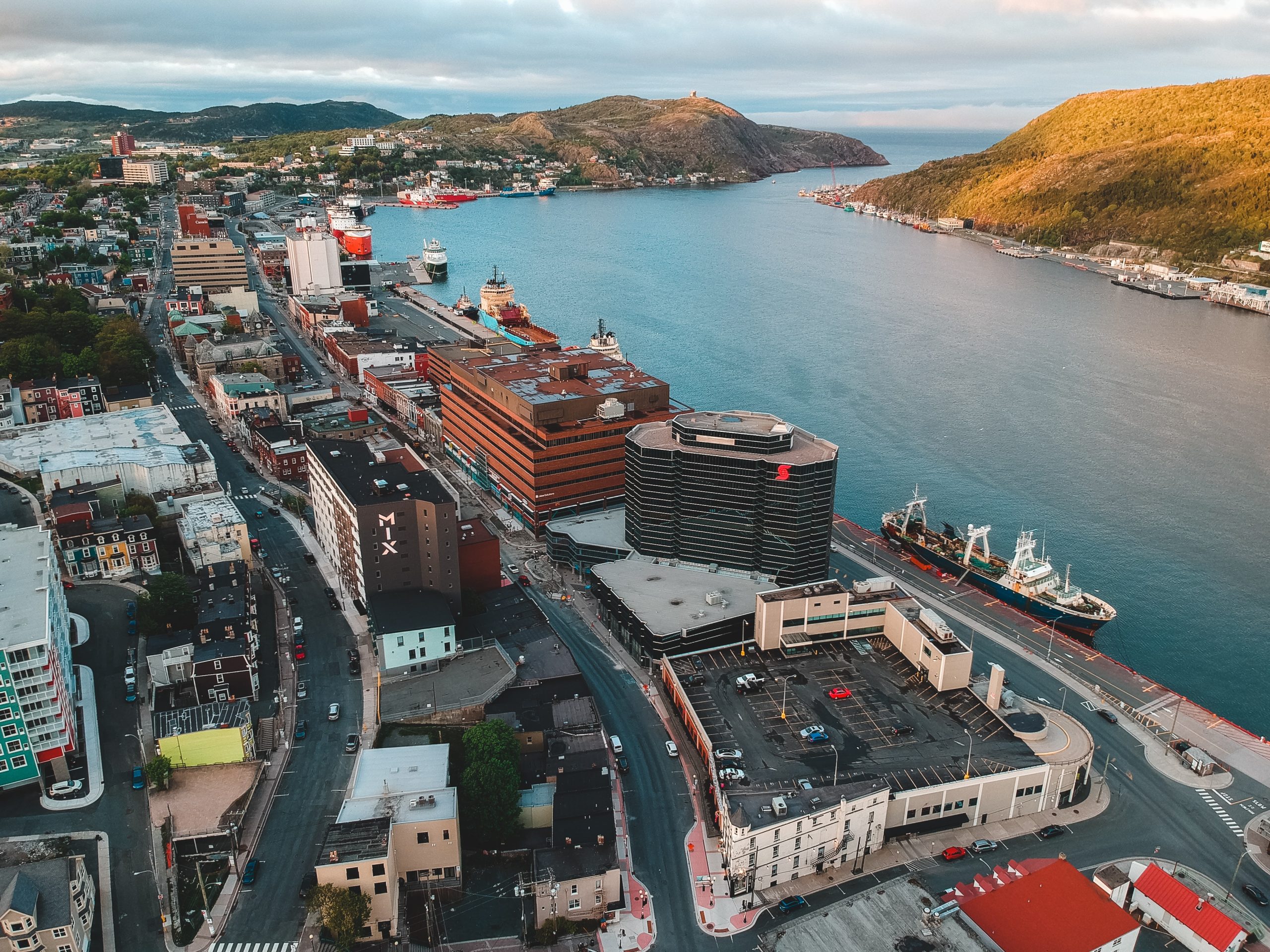Immediate extension of health care coverage to Ukranians leaves other immigrant groups feeling their health is being ignored
With the swipe of a pen, earlier this year, the government of Newfoundland and Labrador granted immigrants arriving from Ukraine full healthcare coverage. After all, how could we invite them here and then expect these recent immigrants, many with limited resources and no secure source of employment, to pay their own way for what are arguably the most vital services humans require?
For the members of ARC-NL (Anti-Racism Coalition of Newfoundland and Labrador), this move was both a cause of celebration and source of deep frustration.

Dr. Sobia Shaikh is co-chair of the Anti-Racism Coalition of Newfoundland and Labrador.
“We’ve been at this for a while,” says co-chair Dr. Sobia Shaikh. Their group has been involved in the Health Accord discussions, which is a process labeled by the province as a 10-year transformation of how health care is delivered. The group has made appearances in the media explaining just how many people in the province exist in a sort of health care netherland, where their coverage under the provincial plan is dependent on factors that seem well out of their control.
“We’ve been asking for MCP (Newfoundland’s Medical Care Plan) for all, regardless of status for everyone who lives in the province,” Shaikh says. What exists now is a patchwork network that depends largely on visa status.
When news about the province’s offer for the Ukrainian arrivals came in, ARC-NL sent a letter to provincial ministers for Immigration and for Health. After applauding the government’s decision to support Ukrainian people, the letter went on to say, “…the qualifications for MCP leave many migrants out of the health care system and vulnerable as they avoid seeking medical assistance for fear of incurring insurmountable debt. Many migrants who are not covered by MCP are racialized and in many cases have been living and working in NL for many years without access to essential services such as health care.”
If this came as news to some Newfoundlanders and Labradorians, it was an all-to-familiar story for people who have fallen through cracks in health care coverage, including members of ARC-NL.
Maria Dussan, who leads the group’s Health Care For All initiative, was herself a victim of this gap in coverage. Last year she told the CBC that after fainting at work on the Memorial University campus, she pleaded with security staff not to call an ambulance. However, she was taken in an ambulance anyway to the emergency room (mere metres from the university). She was not working a full-time job with a contract of one year or more, so according to government’s guidelines, Dussan was subsequently billed $1,800.
Particularly in health care, so many people fall through the cracks Shaikh says. Refugees, migrants, and others have related their experiences to ARC-NL. Some refugees say they’ve endured long delays before receiving coverage. Others are on perpetual visas, such as a pair of grandparents who arrived to care for their grandchildren. Others find themselves on contracts lasting less than a year, or no contracts at all, disqualifying them from access to health care.
This often impacts a key recruitment group: students. Many students who are unable to find a job within 90 days of graduation are pulled off the MCP roles, ARC-NL says.
For a province whose government often expresses a deep desire for increased immigration and for a bigger labour pool for industries such as tech, this disconnect seems like a particularly jarring one.
The provincial government indicated earlier this year that it doesn’t see the situation this way. “I would suggest that 90 per cent of those are communication and paperwork issues, and we’ve resolved pretty well most of them,” then Health Minister John Haggie said. Shaikh calls out this statement as being “unconscionably dishonest.”
For ARC-NL’s part, they say the calls keep coming. “Every time we do a story we get another call, and I would suggest most international students have had trouble with MCP,” Shaikh says. “We’re kind of inundated with it.”
ARC-NL says this lack of basic coverage also comes on top of experiences of racism for many. These are some of the first experiences they’ve had in this province, and it’s often not reassuring.
Included in their most recent response letter is a call for written translations of basic health care education and information in multiple languages, as well as access to translators. The group also calls for ongoing anti-discrimination and anti-racism training to take place for health care administration, staff, and providers.
The lack of these services is something that could easily drive new Newfoundlanders and Labradorians onwards to other provinces.
“We’ve had people say between health care and housing, they’ve been pushed out and they moved to B.C,” Shaikh says. It’s not that they don’t want to stay, she adds. “It’s that they’re being pushed out.”
Given the number of students being recruited by Memorial University using money from provincial coffers and perhaps spending millions to attract these people, “and then we don’t provide the conditions under which those folks can actually flourish,” Shaikh says, is simply nonsense.
“And it’s also bad policy,” Shaikh says. No matter how welcoming you may be as individuals or to your neighbours, if policies leave people without primary care, or affordable health care, they won’t stay.
When the biggest story in the world suddenly had a Canadian angle, with offers from Newfoundland and Labrador of visas and other help for Ukrainians fleeing the war, all eyes were turned to this offer, at least for a while. And Shaikh says ARC-NL fully supports this effort.
“We were quite happy with the policy,” Shaikh says. “But what it told us, ARC-NL members who aren’t Ukrainians, is that we don’t matter. If this can be done with the snap of your fingers, just change it.”







